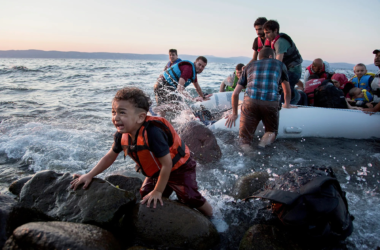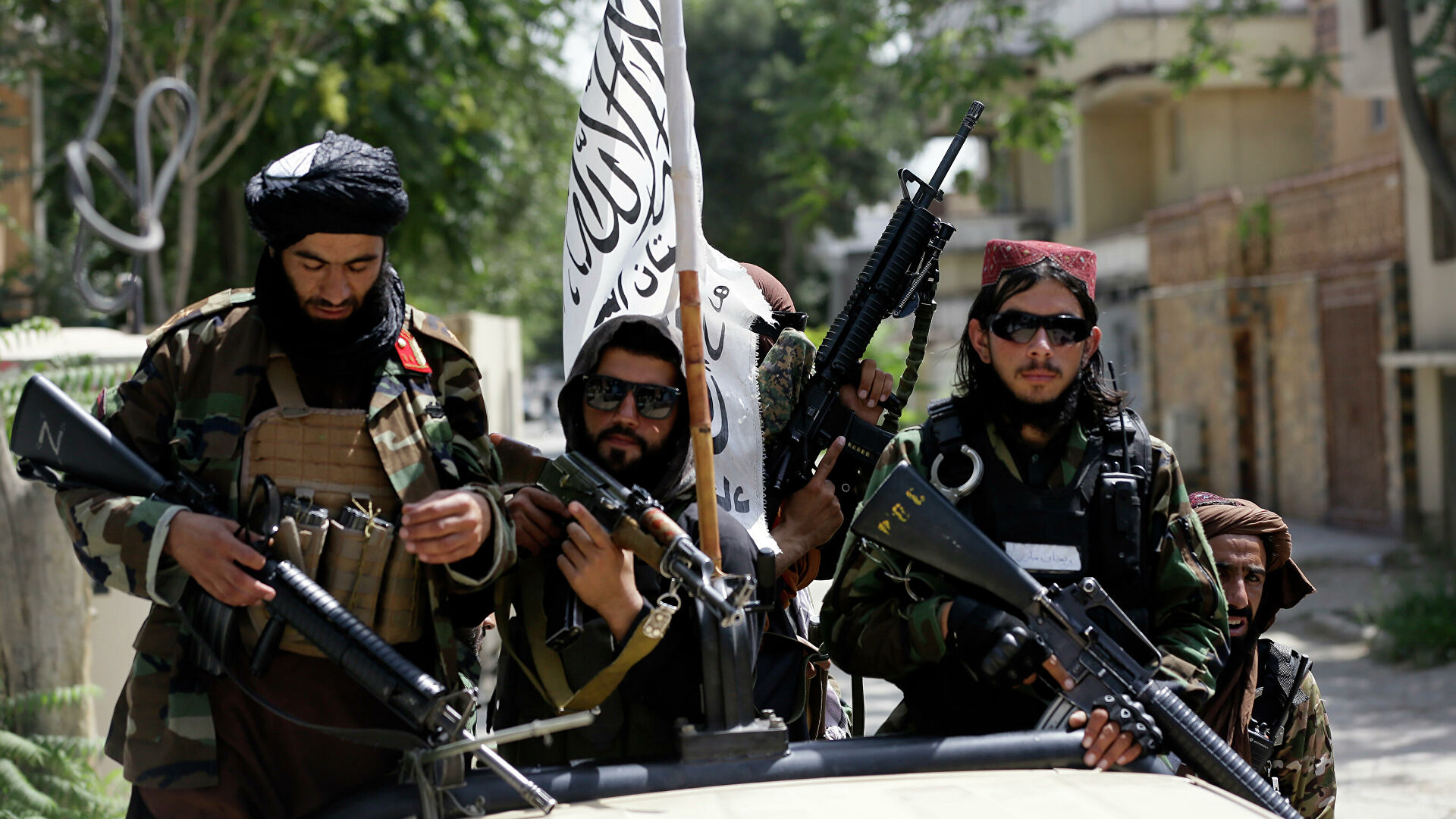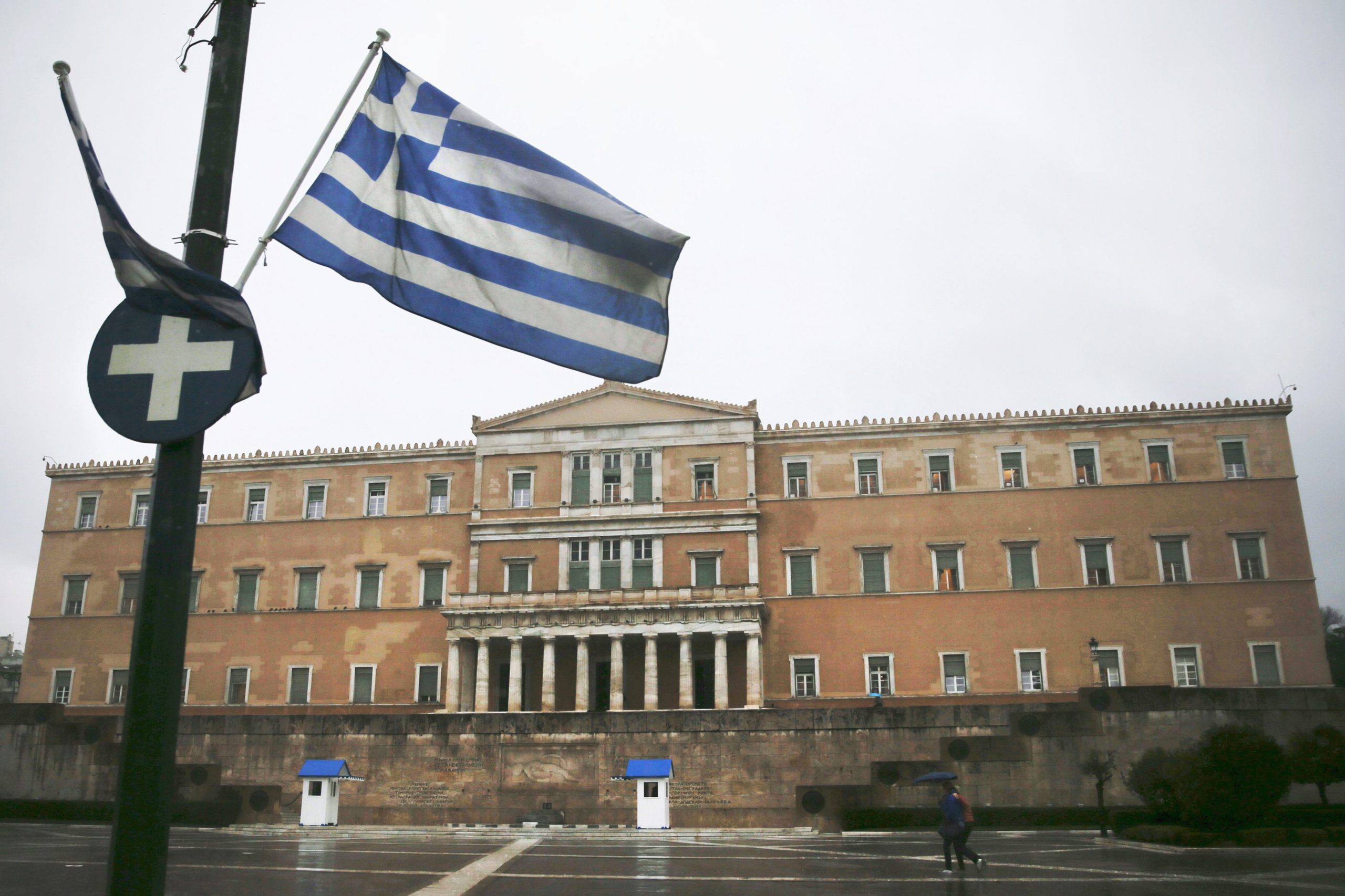“Greece’s main objective of cooperation with us was to use us against Turkey.[1]”
–Abdullah Ocalan (Leader of the PKK terrorist organization)
The words above belong to Abdullah Öcalan, the leader of the PKK, who was captured at the Greek Embassy in Nairobi, the capital of Kenya, in 1999 with the Greek Cypriot Administration passport. Öcalan, who showed the support of the PKK by European countries with these and similar explanations after he was caught, stated that Greece is a very important country in terms of the European structure of the organization and that it allows Greek governments and institutions to continue their activities by opening up a lot of areas for them.
In 1998, with the opening of the Greek representative office of the PKK, it had the opportunity to open a representative office in a country for the first time under its own name.[2] In addition, PKK has opened camps and cell houses in various parts of Greece such as Lavrion, Dimitri Elen, Lamia Halkida. After the capture of Öcalan at the Nairobi Embassy of Greece, President Süleyman Demirel called Greece as a “rogue state”. In the case of continuing attitude towards the PKK, he said: “Turkey will use its right of self-defense.”
Terrorists who want to escape to European countries pass through Greece. We can see the news of the captured PKK members in the Turkey-Greece border.

PKK’S HISTORY IN GREECE
PKK’s relations with Greece started in the 80s, reached the summit at the end of the 90s, and became a crisis issue in Ankara-Athens relations. Relations between the PKK and Greece started on 5 February 1988. Abdullah Öcalan thought that the PKK’s relationship with Greece would be a strategic move for the organization and sent İhsan Kaya to Athens for a meeting. Greek intelligence, on the other hand, assigned Mihalis Haralambidis[3] to the talks.
This initiative of the PKK found its place in the headline of the newspaper ei Antropoi (Young People), which was published weekly in Athens, and the newspaper was titled “Kurdish Separatists in Greece as the Invitees of a Greek Organization”.[4] The content of the news in Greece’s support for separatist movements, Turkey’s internal security and public order to reduce the danger, it also highlighted the benefit of Greece would be quite at the Greek-Turkish conflict. This interpretation reveals the main reason for Greece’s support for the PKK.
NON-GOVERNMENTAL ORGANIZATION STRUCTURE
Although the PKK was included in the EU’s 2001 terrorist list on May 2, 2002, the organization continued its activities in European countries with associations.[5] When the relations between Greece and PKK started in the late 1980s, one of the first activities of the organization was to open representative offices under the name of the Athens Kurdistan Committee and ERNK. In addition, the Kurdistan Cultural Center (Navenda Çanda Kurdistan), the Kurdistan Red Crescent (Heyva Sor), Women’s and Youth Councils, PYD representative agencies, and camps, such as Lavrion Camp, are located.

POLITICS AND LOBBY ACTIVITIES
PKK executives worked with the PASOK Party in the 90s, and the New Democracy Party (ND) also supported many activities of the organization. Today, SYRIZA deputies participate in many events organized by the terrorist organization. SYRIZA did not learn from the point where Turkish-Greek relations came from in the 90s. SYRIZA leader Alexis Tsipras’ visit to Turkey by visiting HDP “I admire you provide to fight” with the use of the phrase SYRIZA reveals a close relationship between the PKK.

MEDIA STRUCTURE
The press and media activities of the PKK in Greece were very strong in the 1990s and lived its golden age. However, it should be noted that the activity in the field of print and visual media is extremely weak today. The capture of Abdullah Öcalan in 1999 and the inclusion of the PKK in the list of EU terrorist organizations in 2002 led the organization to withdraw from visible areas and continue its activities from the background.
FINANCIAL RESOURCES
Greece is also an important country for the PKK in terms of financial resources. The organization created many income items at the beginning of its structuring in Greece and started to generate a significant amount of income over time. It is seen that the organization created a very effective economic structure in the 90s and although it was weakened, it tried to protect its economic income with similar tactics in the 2000s. In the confessions he made after Öcalan was captured, the information provided by the organization regarding the income sources in Greece is very important. For example, although the Öcalan organization received a significant amount of money support from civil institutions in Greece, the 90s also stated that the main support came from Greek churches and unions.[6] Human trafficking is also undoubtedly the most important source of income for the PKK in Greece.

MULTI TIPPING METHODS
One of the most important facts that make Greece a strategic country for the PKK is the advantages it provides, and the training camps it possesses regarding militant recruitment.
The PKK also targets Greek citizens in the recruitment of militants in Greece. In this context, Greece is a very suitable country for the organization regarding the recruitment of foreign militants. For example, with the call of the PKK, a structure supported by different revolutionary organizations from countries such as Germany, Spain, and Greece were established under the name of Internationalist Freedom Battalion on June 10, 2015, in the north of Syria.
PKK CAMPS IN GREECE
PKK Camps in Greece decreased after the capture of Abdullah Öcalan. The biggest and still active camp of PKK in Greece is Lavrion Camp. Even though the news that Lavrion Camp will be closed from time to time is in the media and press, there has been no development, and the Greek authorities were afraid to close the camp and confront the PKK lobby.
Greek governments cooperating with the PKK with the understanding of “the enemy of my enemy is my friend” did not hesitate to support the organization on many issues. Therefore, Turkey’s relations with Greece are serious tensions that emerged. The policy, which can be summarized with the phrase “let sleeping dogs lie”, allowed the organization to continue its activities freely with associations, even though the PKK was not actively supported.
Before February 15, 1999: “The enemy of my enemy is my friend”
After February 15, 1999: “Let sleeping dogs lie”
[1] H. Atilla Uğur, Abdullah Öcalan’ı Nasıl Sorguladım, Ucuncu Basım, (Kaynak Yayınları, İstanbul: 2011), s. 82.
[2] Greece and PKK Terrorism, (Ministry of Foreign Affairs, Ankara: 1999), s. 20.
[3] Haralambidis is one of the founders of the Socialist PASOK party which supports the PKK.
[4] Cem Başar, Terör Dosyası ve Yunanistan II, Uluslararası İlişkiler Ajansı (INAF), Eylul 1995, s. 41.
[5] (Rojava Kurdistan in Greece) It is a body of PYD operating in Greece. It operates both as an internet news site and acts as a foundation. Its headquarters is located in Athens. The website contains news about PKK activities in Syria.
[6] Uğur, Abdullah Öcalan’ı Nasıl Sorguladım, s. 82.












